A ‘Breaking Bad’ Writer and Producer Is Behind a New Anne of Green Gables
You might not recognize this Anne—and that’s exactly what showrunner Moira Walley-Beckett intended
/https://tf-cmsv2-smithsonianmag-media.s3.amazonaws.com/filer/c7/ce/c7ce8835-7445-4fa3-abc9-f749ead7da38/anne_101_day19_if_1661-wr.jpeg)
Ready the raspberry cordial and get out your slates—a new Anne Shirley is coming to Avonlea. But don’t bank on the protagonist of “Anne,” a new CBC series based on Anne of Green Gables, to rest on the beloved book’s laurels
Yes, this incarnation of Anne hates being called carrots, lives at Green Gables and can’t abide Gilbert Blythe. And she shares a fiery temper and tempestuous red hair with Lucy Maud Montgomery’s heroine. But this Anne endures abuse and gets her period, and the show’s theme song is by The Tragically Hip.
Translation: If you’re looking for a sugary costume drama, look elsewhere.
The series, which still centers around an imaginative, adolescent orphan plopped into a rural Canadian farm, has already started airing in Canada, and American audiences will get their first taste of “Anne” when it debuts on Netflix this May. Smithsonian.com checked in with Moira Walley-Beckett, the show’s Emmy-Award-winning producer and writer, to learn more about her update to Montgomery’s story.
Why was it time for a new Anne of Green Gables? There have already been so many film and television adaptations of the book.
Anne is timeless, but she’s timely right now. I’m not influenced by what’s come before. I feel like Anne’s issues are incredibly relevant and topical right now. There’s so much conversation in the world about gender parity and feminism and prejudice and those who come from away. People who are other. All of these conversations are within L.M. Montgomery’s writing. It’s the perfect time to talk about it again.
I’ve heard that the new show is a “darker take” on Anne of Green Gables. How does that phrase sit with you?
I guess I don’t really agree that it’s a darker take. I think that it’s a deep, honest take. All of Anne’s backstory is in the book. She’s had a terrible early life. She talks about it in exposition, and I just took us there dramatically.
I’m honoring Anne’s original wounding and her experience in the homes of strangers who were unkind, unloving and abusive and showing those experiences in flashbacks so that we understand exactly where she comes from and what the stakes are. It also shows why it’s so important for her to find a place to belong and find love. I think that’s what people mean by “darker.” We go there. We witness it and experience it as Anne did.
You go beyond the book in the series, too.
We do. Breaking story was a very organic experience for me. I'm a devoted fan of the book and Montgomery’s storytelling, and I'm also a really incremental storyteller. I really like to take my time and the book was really fast —too fast for me. I thought, “I'm just going to let myself be free creatively while keeping a lot of the beloved and iconic moments of the book from those early years.”
I wanted to let the characters tell me the story. So by the end of episode one we're off book, and we chart new territory in episode two.
Can you share anything about the new plots?
An example is a character named Jerry. He’s mentioned in one sentence in the book. Well, he’s a regular on our show. I thought it was really curious that he worked at Green Gables the entire time, but we never had any further mention of him, we never interacted with him. We never understood what the impact of having him around the family might be. He’s an interesting foil for Anne, and an interesting springboard for ideas and imagination.
We also spend quite a bit of time at school. In the book, we never go to school that first day—Anne goes to school, comes back, and tells Marilla about it. I wanted to go.
Another way we go off book is with Matthew and Marilla. Who are they? Why didn’t they ever marry? Why are they 60 years old and living as siblings?
When did you first read the books?
I was 12 or 13.
What stood out to you as an adult that wasn’t there when you first encountered them?
I was struck so much by Montgomery’s prose, her descriptions of nature. It’s so glorious. When I was a kid, I was all about Anne. Now I have a much broader perspective. I got a better understanding of the other characters—and a better understanding of what makes Anne tick. Her vibrant imagination is part of who she is, and also a coping mechanism in response to her original wounding. She needed it badly.
Speaking of original wounding, you won two Emmy Awards for writing episodes of “Breaking Bad”. What experiences from that show carried over to “Anne”?
It’s all of a piece of what interests me as a writer. I’m always drawn to very dark, human, psychological stories—that’s my jam. “Breaking Bad” was a very small story about an ordinary person who loved his family and got dealt a really bad hand. For me, it was a very human story, and so is Anne’s.
How did you cast Amybeth McNulty as Anne?
We did a global search and saw well over 1,800 girls with casting directors on three continents. Professional, amateur—we even created a website where any girl coud upload her audition. She has to carry a series the way that Bryan Cranston had to carry “Breaking Bad”. It’s a massive role. Anne is such a verbose character and I knew that she’d have to have some serious skills to really inhabit this part.
Amybeth caught our eye quite early on. She sent us a tape from a tiny town just outside of Donegal, Ireland. She kept making it on the short list month after month. When we met in person we took her to a beautiful garden and made her talk to flowers like Anne might do. It really became evident that there was no other Anne.
People are really attached to this story. What do you hope they leave behind when coming to your series?
I hope that they don’t look at the book in a dogmatic way. I went for a documentary level of real—it’s very grounded in authentic maritime life in 1896. The natural world is a really present, active part of this story, too. We set out to make a Jane Campion feature. We wanted it to be visceral and real and epic and intimate and experiential. I feel really proud of how it invites you in, unlike other period pieces that feel like a museum piece. In these ways it’s really different from any other version.
/https://tf-cmsv2-smithsonianmag-media.s3.amazonaws.com/accounts/headshot/erin.png)


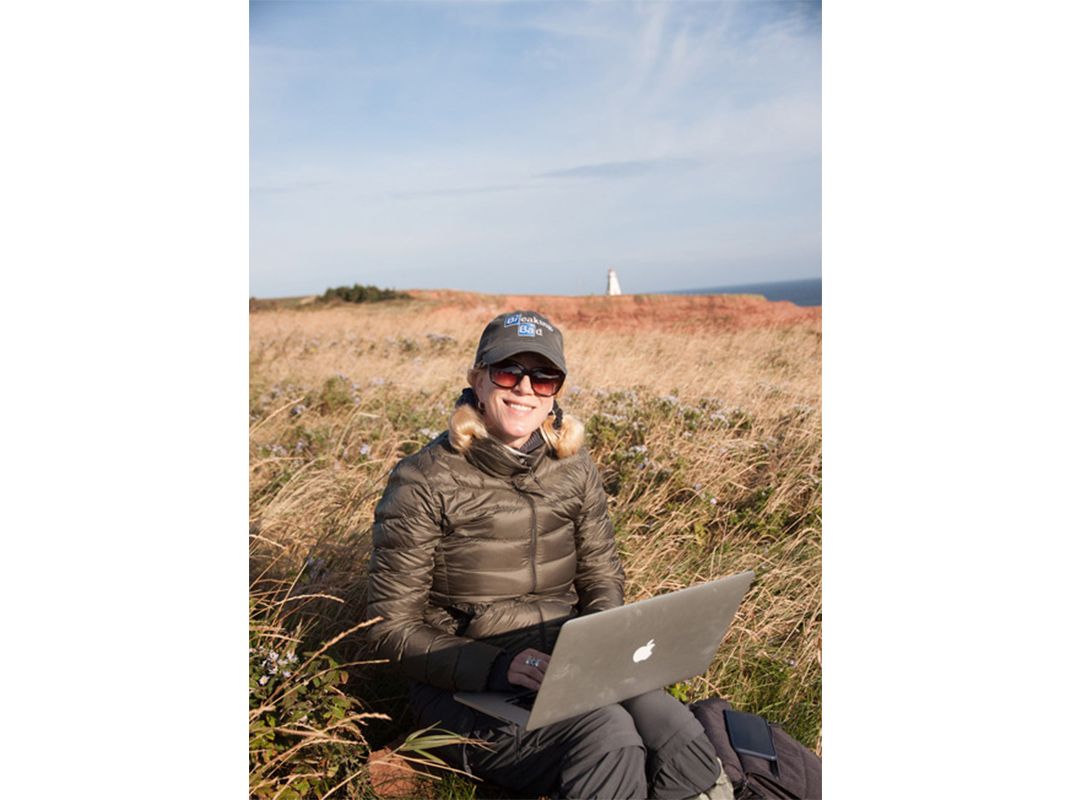
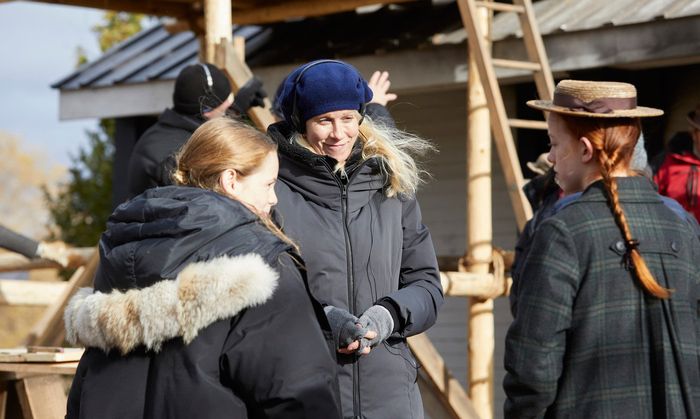
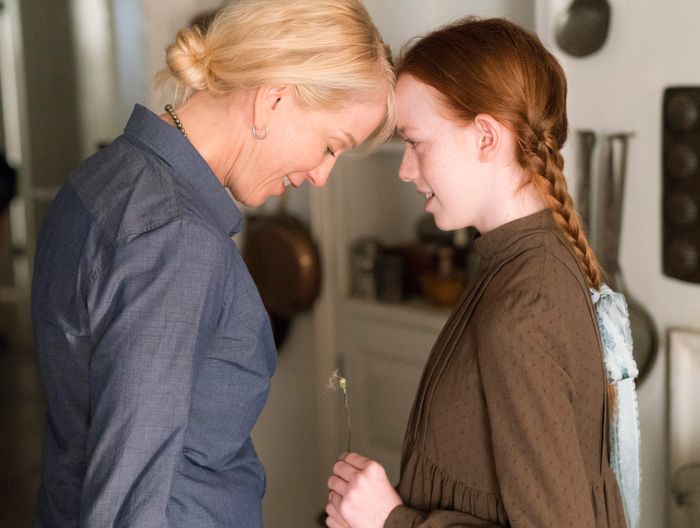
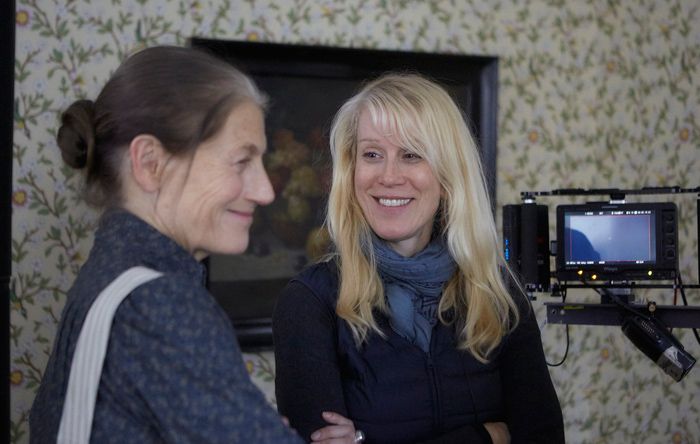
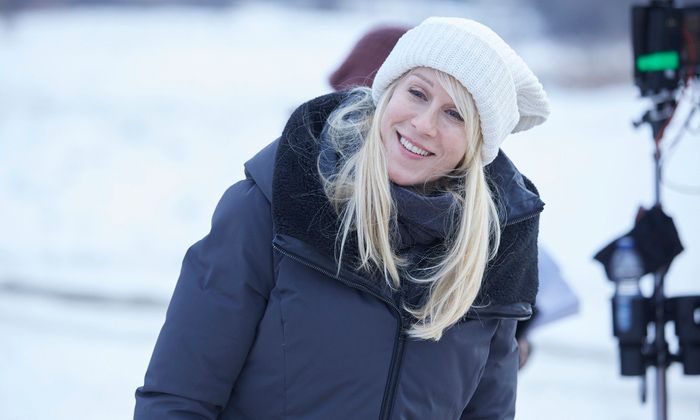
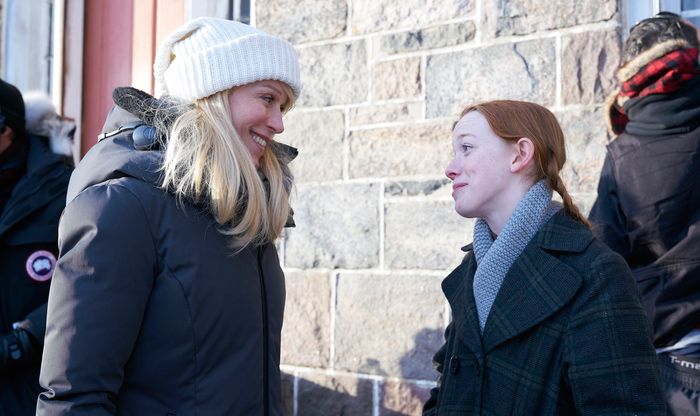
/https://tf-cmsv2-smithsonianmag-media.s3.amazonaws.com/accounts/headshot/erin.png)